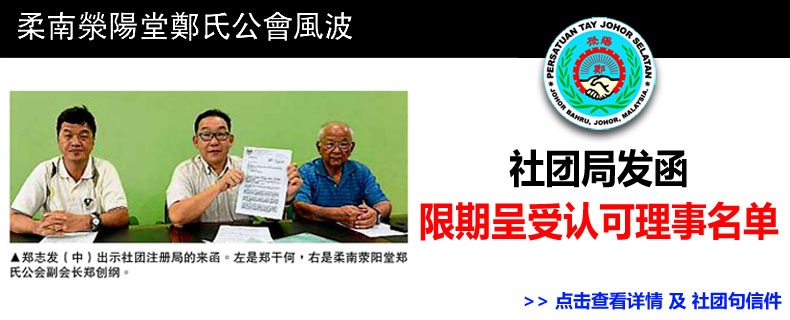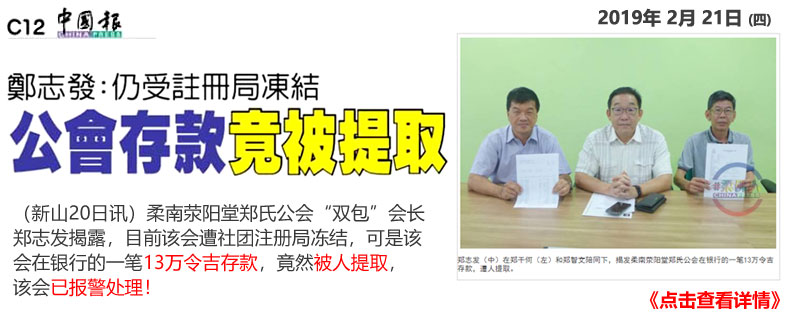NANNING, Sept 25 (Bernama) -- Malaysian companies need to explore and expand into China's second-tier markets by capitalising on their growing purchasing power, MATRADE Trade Commissioner in Guangzhou P. Suresh Kumar said.
He said second-tier cities such as Nanning, Foshan, Zhuhai, Nanjing and Tienjing were good areas for Malaysian companies to enhance visibility in the ever competitive markets in China.
"The focus now is also to expand into the second-tier markets. Even though a city like Nanning is a second tier market, the populace has purchasing power.
"The second-tier markets are rapidly growing," he told Malaysian reporters on the sidelines of the just concluded China-ASEAN Expo (Caexpo) 2015 here recently.
The second-tier cities are regarded as the growth engines of China's economy, boosted by huge amounts of investment, new infrastructures and an influx of talents.
Suresh Kumar said however, Malaysian companies that had already established themselves in the first-tier cities like Beijing, Shanghai and Guangzhou were expected to continue their presence there despite expanding into the second-tier markets.
He said Malaysian food and beverages had gained the confidence of Chinese consumers as they complied with the standards, while durian-based products, white coffee and curry powers were popular in the second-tier markets.
Besides growing demand of Malaysian F&B products, the electrical and electronic (E&E) sector is still the biggest contributor to Malaysia's exports to China, accounting for RM43.08 billion in 2014.
"The bulk of our exports to China is still E&E. We sell a lot of integrated-circuit chips, semiconductors and testing devices to China. So this is one of the sectors that Malaysia is doing very well.
"We hope more companies, especially in the E&E sector, will come and see us," he said.
Other sectors that Malaysian companies could venture into include petrochemical, healthcare and wellness, and services sector.
A total of 149 Malaysian companies in lifestyle products, food and beverages, health and wellness, franchise services and education services, participated as exhibitors at the Caexpo 2015 from Sept 18 to 21.
-- BERNAMA





















